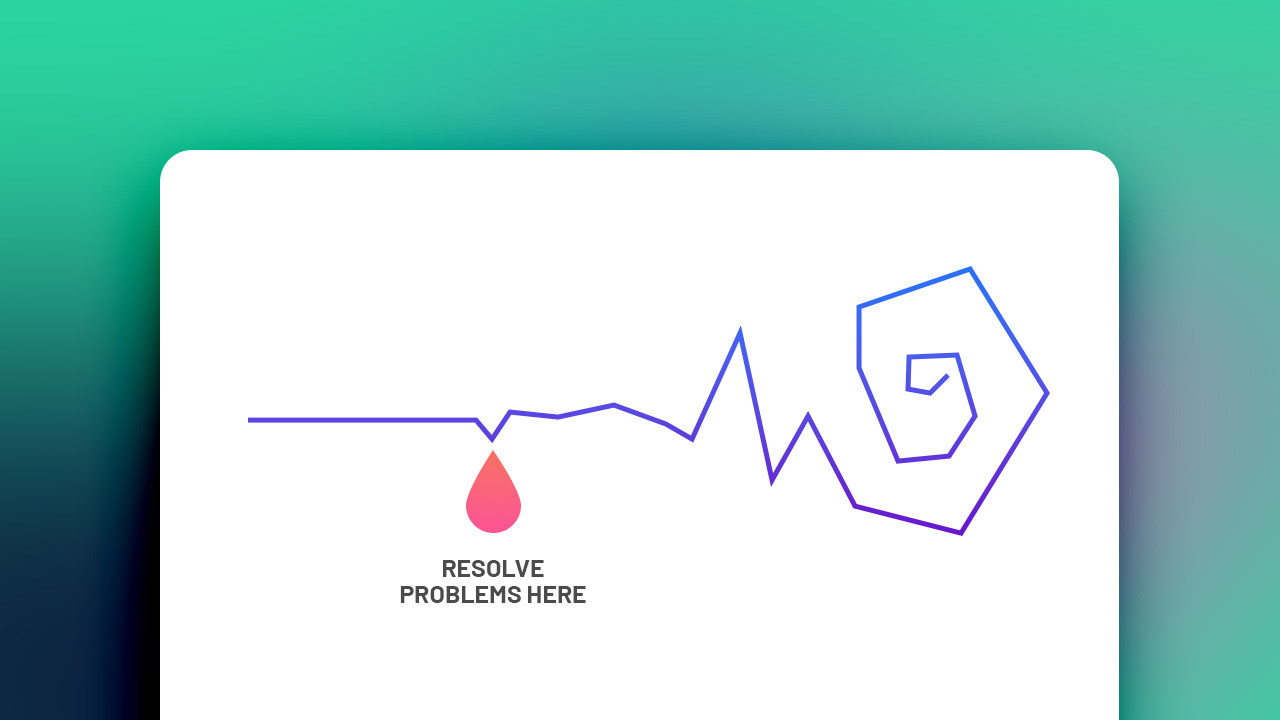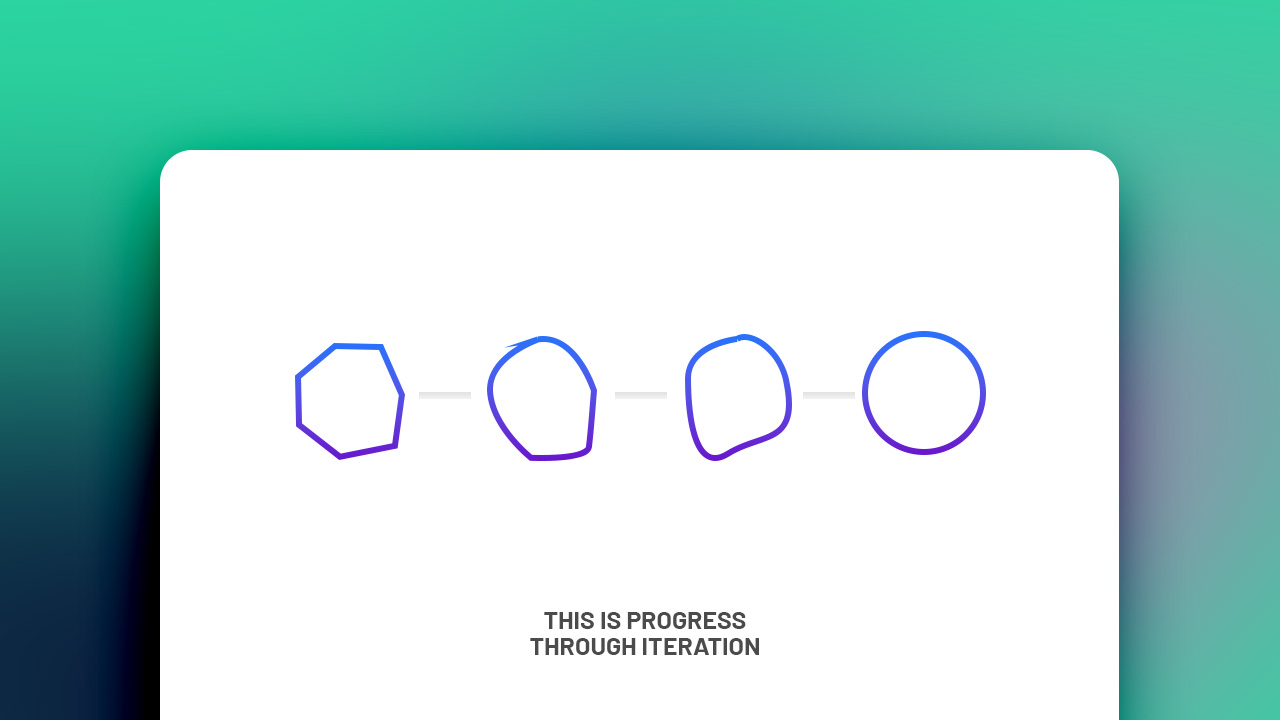
6 tips for progress
Improvement is a process, its not immediately tangible. It requires consistency, trial and failure, retrospective and many times, planning the next iteration. Here are some life lessons that either found out while building my career, or learned the hard way.
#1 - Resolve issues before they spiral out of control
Easier said than done. As soon as you get that tingling feeling that something might be wrong, its a good time to express and vocalise your thoughts. Try to resolve a problem or challenge before it starts becoming a burden. This is more or a general life rule, if you leave things that pain you, they'll start stacking, more and more and more until it spirals out of control of causes additional problems.
#2 - Taking a step back, lets you jump further
You can't keep pushing forwards. Take a step back, reiterate, reassess and reflect on what you've done. Doing this could give you the perfect run up towards your next jump. Don't mistaken down-time and retrospective as procrastination.
#3 - Learn from the input not the output
Often you look at your idols, heroes or experts and focus on their output, what they have achieved. But seldom do you focus on how they achieved their success or their knowledge. I like looking at patterns, especially the traditional ones. At first glance they seem intricate and complex, but once you zoom in on the actual part that is duplicated, its a simple shape.
#4 - Iteration is improvement
Rarely does a product or feature get released that is perfect from day 1. Most of the hottest startups were usually on the market gaining traction for years before getting into the spotlight. Very often we expect success to come over night, but success is a long road of progress.
Release in steps, small chunks. See which aspects stick, which need to be improved upon. Don't stop improving, even when you've reached the top.
#5 - Dont forget the why
"What" is easy, we can imagine what we want to achieve, deliver or create. Slightly harder is defining "how". How do you proceed, what steps to take to create, deliver or achieve what you imagined. But often overlooked is an important aspect of "why".
The "why" part involves understanding the underlying motivation or purpose for a product or service.
"People don't buy what you do, they buy why you do it."
A great quote by Simon Sinek. If you start from the "why" and proceed through the "how" you are easily able to sell the "what". "Why" is not money or fame, that is the result of all your actions. The "why" is the motivation, the core of why you are doing something.
In other words, this is the "feeling", people are more likely to be attracted to a product or service that aligns with their own beliefs or values, rather than just a product that has a certain set of features or functions. Even if this product is superior. Create a connection and loyalty with customers that goes beyond just the functional aspects of the product.
#6 - Look back and visualise progress.
It's not possible to remember all of your small steps, improvements, successes over the span of a year. We can get demotivated by feeling we made no progress when December comes. We look towards the huge mountain of progress we are yet to make and down ourselves. It's important to record some of your favorite key victories and play them back in a yearly summary.
I keep a small trello board where I save some key victories or things I created. At the end of the year I create a short presentation and go month by month reminding myself how far I've come. Celebrate your success.







